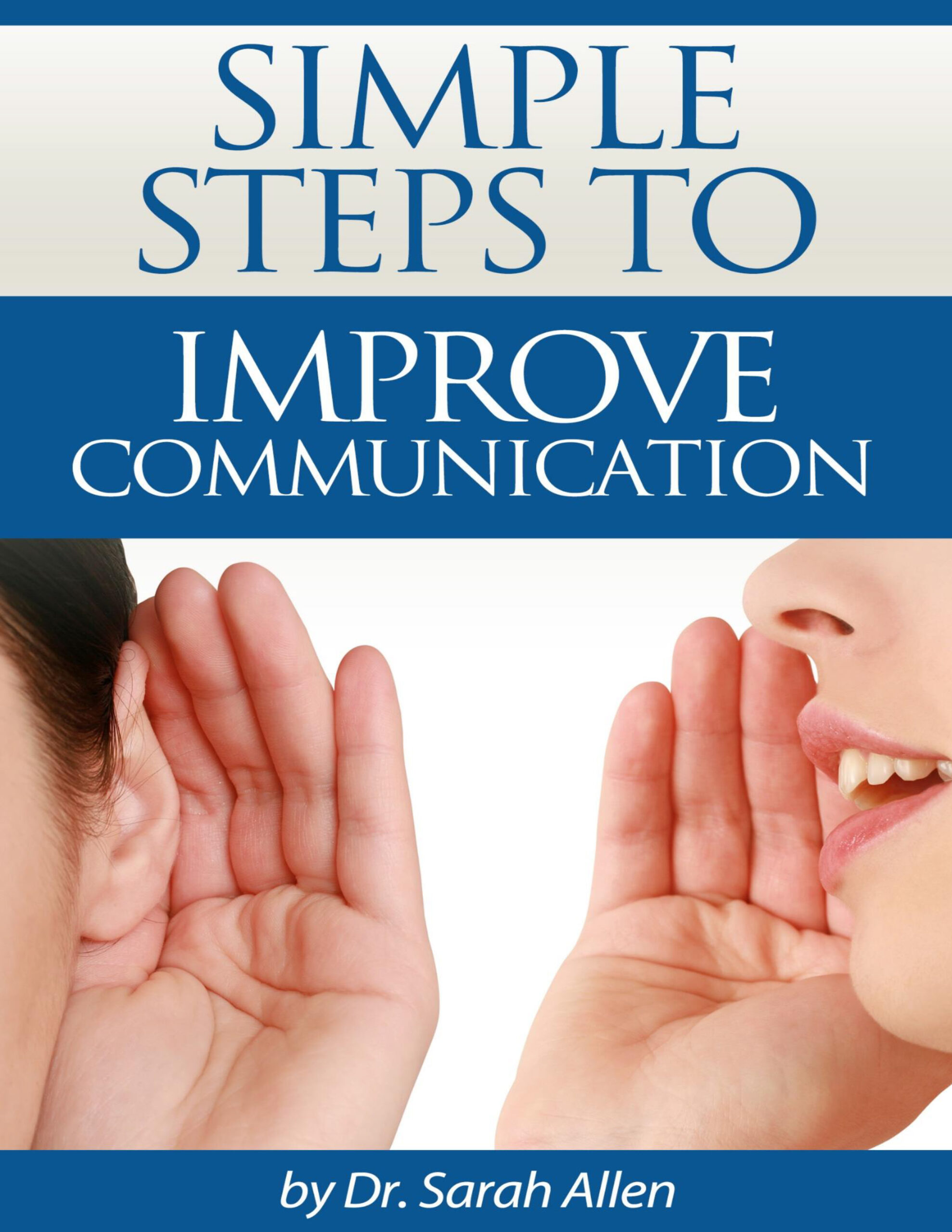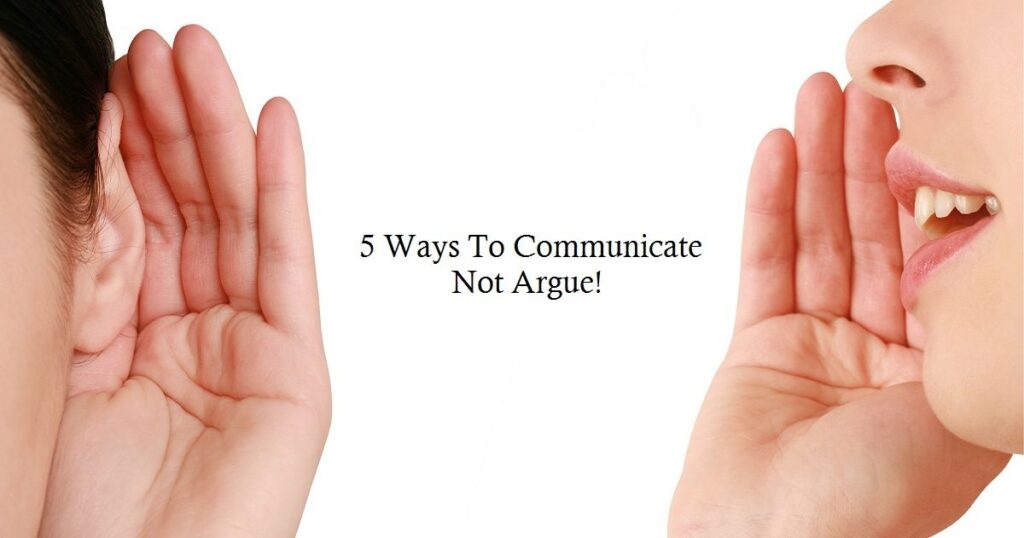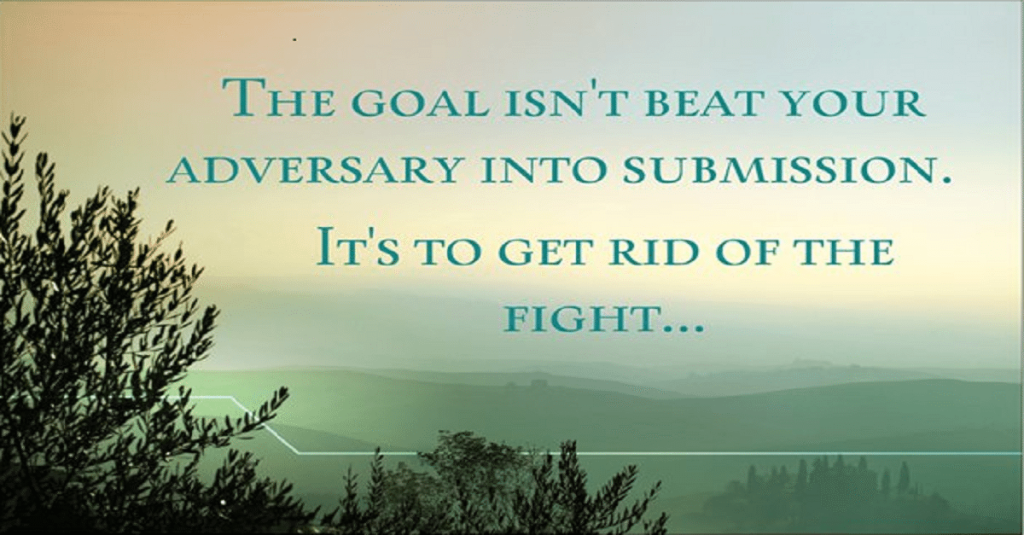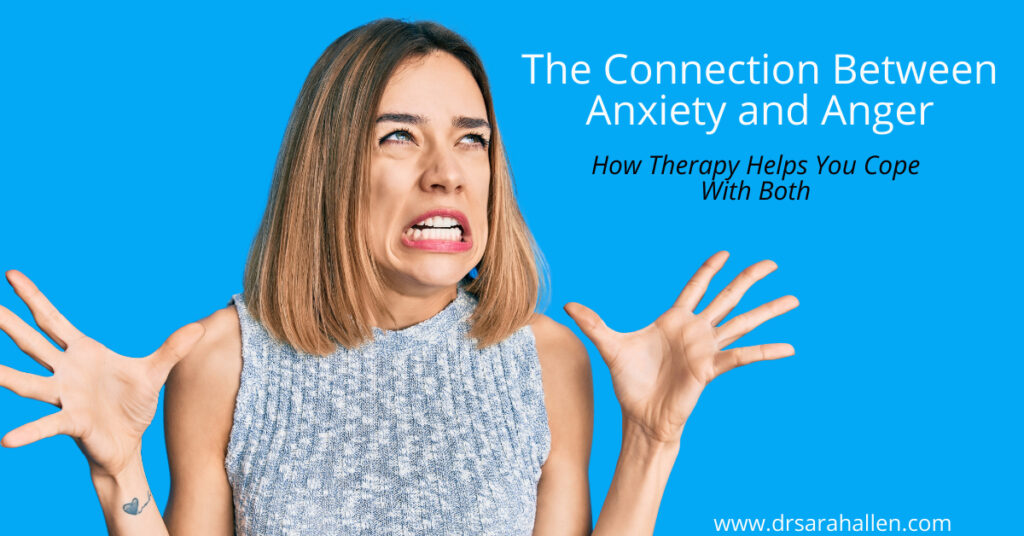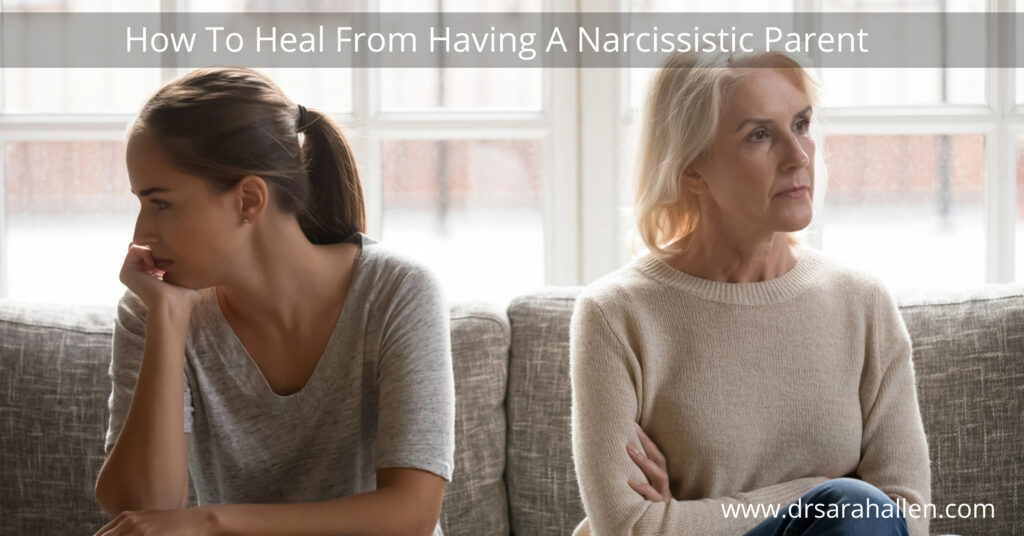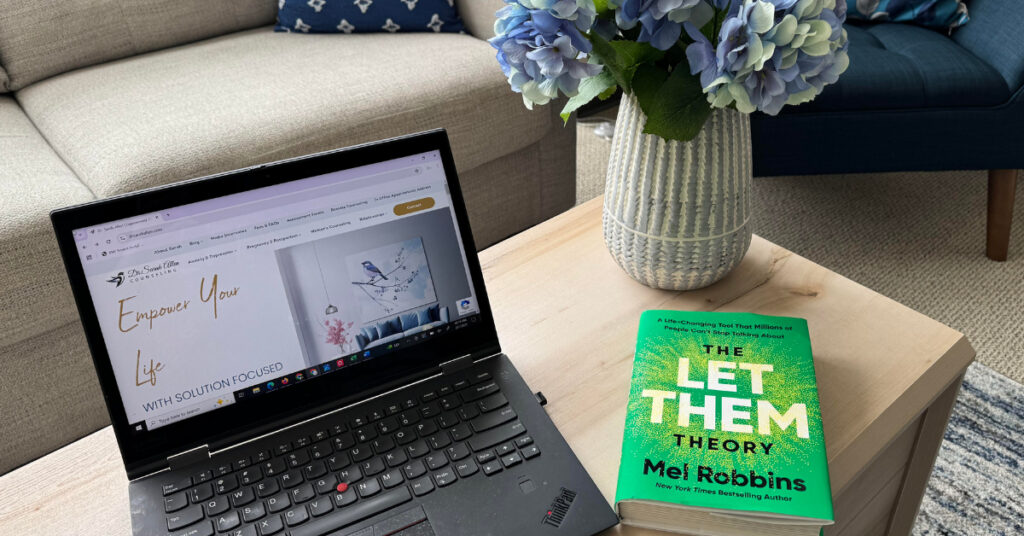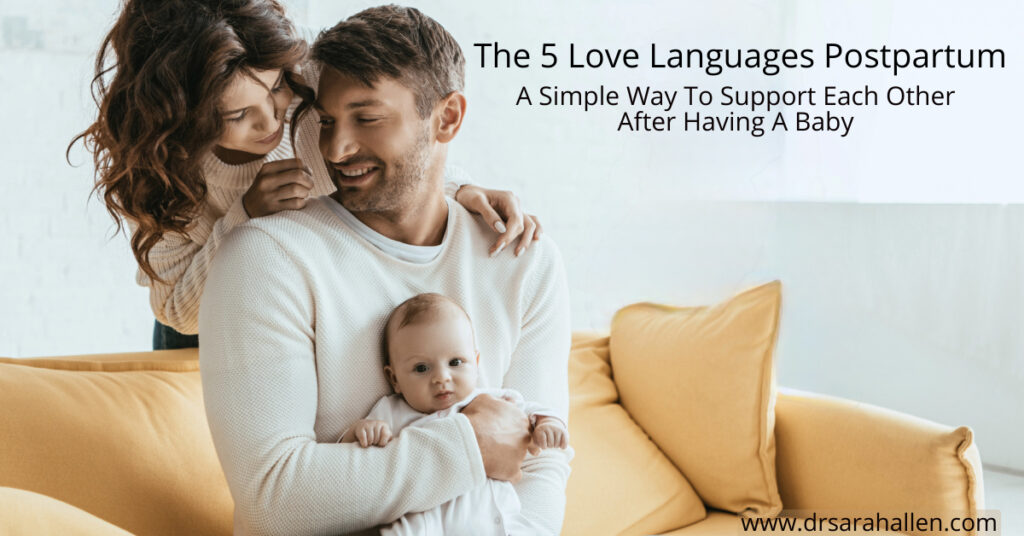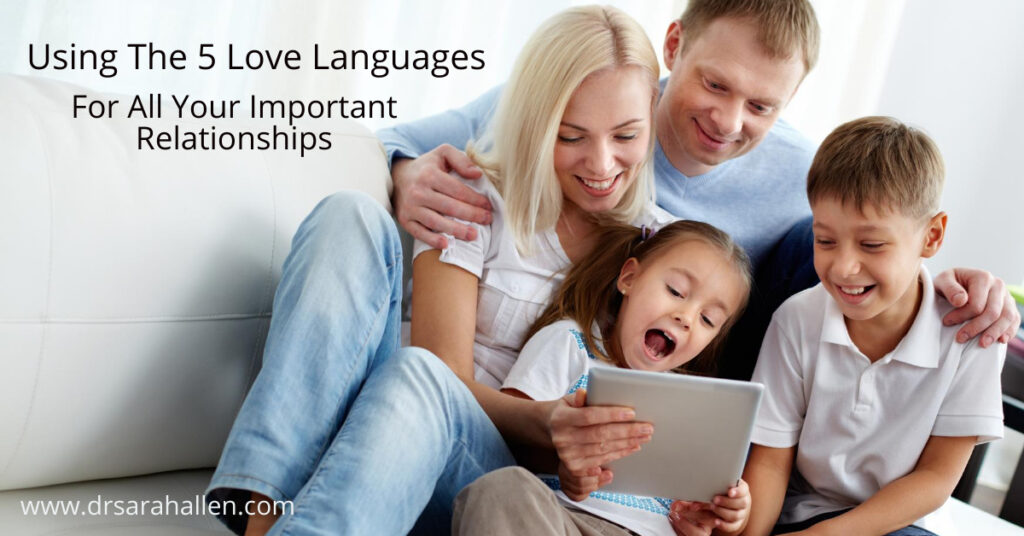
Relationships hold a significant place in our lives, influencing our mental health in many ways. They provide support, understanding, and a sense of belonging, all of which are important for emotional stability. When relationships are healthy and nurtured, they can improve our overall happiness and well-being. But these connections don’t just take care of themselves. Our relationships need attention, trust, and intentional effort to grow stronger.
One popular and interesting way to build and maintain our connections with other is through the idea of love languages. Dr. Gary Chapman created the idea of 5 Love Languages to explain the different ways people prefer to give and receive love. Knowing what matters most to someone important to you can make your interactions more meaningful and supportive. Applying love languages in real-life situations can be a helpful way to start developing deeper, more caring relationships—whether with a partner, child, parent, or close friend.
The 5 Love Languages: A Brief Overview
Understanding the five love languages can shift how you approach your relationships. Each one offers a unique way to show love and feel loved in return. Here’s a look at them:
1. Words of Affirmation
Some people feel most loved when they hear kind or encouraging words. Simple phrases like “I’m proud of you” or “You matter to me” help strengthen emotional bonds. These messages don’t have to be long or elaborate. It’s more about being sincere and thoughtful in what you say.
2. Acts of Service
For others, actions speak louder than words. Doing something helpful, such as cooking dinner, running errands, or handling a difficult task, can communicate love clearly. These choices ease the other person’s load and show you’re paying attention to their needs.
3. Receiving Gifts
Gifts don’t have to be expensive to be meaningful. A small surprise, homemade treat, or thoughtful card can show that you were thinking of someone. The point isn’t the item—it’s the care and thought that went into choosing it.
4. Quality Time
This love language is about giving someone your full attention. It might mean going on a walk together, having dinner without distractions, or chatting without checking your phone. When you spend time doing things together, it creates shared memories and emotional closeness.
5. Physical Touch
Some people naturally connect through physical gestures. A hug, a pat on the back, holding hands, or a gentle touch on the arm can offer comfort and communicate affection. These small moments of contact help build connection and can be especially calming and reassuring.
Everyone experiences love differently. One person may need hugs and physical touch to feel secure, while another might value deep conversations or kind words. Learning which love language speaks to someone helps you connect in a way they truly understand.
To view a quiz that helps you identify what your love languages are Click Here. Print out a copy for each of you and then share your results to aid a good conversation about what each of you need from each other.
Applying Love Languages to Different Relationships
Love languages aren’t just for romantic relationships. They apply to every kind of close connection—partners, children, parents, siblings, and friends. With a little awareness, adjusting how you show love can have a meaningful impact.
With a partner, finding out how they like to feel appreciated can boost emotional intimacy. If they value Words of Affirmation, leaving a note on their pillow or simply saying “I love you” more often can make a big difference. For those who prefer Acts of Service, helping around the house or taking care of a task they dislike communicates deep care.
Children also respond positively to love languages. Some kids feel happiest when they receive focused attention. If that’s the case, playing a game or reading a book together might matter more than anything you say. Others might light up when given a small surprise or hear encouraging words. Paying attention to how your child reacts to different forms of affection can guide you to what they need the most.
Applying love languages to family relationships can bring you closer. A parent may feel loved when you cook a meal or call for a regular catch-up. For a sibling, just spending some time or giving thoughtful feedback on something they’re working through might matter. Even small gestures can strengthen the bond and show each person they’re valued.
Friendships often change over time, and love languages can help keep them strong. A heartfelt text message can lift a friend’s spirits. Picking up a coffee or remembering something they mentioned weeks ago can make them feel understood and important. Less frequent contact doesn’t mean less closeness—being intentional with your actions or words helps bridge long gaps.
Reflections From My Practice
Over the years, I’ve seen many clients benefit from understanding and using love languages. One repeated situation I encounter is when people unknowingly express love the way they prefer to receive it, not realizing it may not match their partner’s or loved one’s style. That mismatch often causes misunderstandings and frustration. A person may think they’re being thoughtful by doing chores, but the other person is wishing for more hugs or heartfelt conversations.
Helping people recognize that difference leads to better communication and empathy. It allows space for honest conversations about what each person wants and how they can support each other emotionally. Watching those changes happen—even in small ways—can be a turning point. Simple things like sending a short message during a busy day or switching the way you show appreciation often lead to stronger, healthier interactions.
It’s not about doing it perfectly, but about showing you’re willing to learn what someone needs and meet them there. These small acts, repeated over time, offer care and understanding in a way that truly sticks.
Recognizing the Limitations
It’s helpful to remember that love languages are just one part of a much bigger picture. They won’t solve every issue in a relationship, and they aren’t a fix for deeper problems. Sometimes a person’s needs shift over time, or what felt meaningful yesterday no longer has the same weight today.
That’s why open conversation is so important. It gives people space to express if something isn’t working or if their emotional needs are evolving. Being flexible and willing to adapt is part of what keeps a relationship strong. Expecting love languages to be a simple answer for everything can lead to disappointment. But using them as a starting point for understanding is often a step in the right direction.
I often remind clients that personal growth and relationship success take time. Love languages help establish a foundation—but listening, patience, and honest exchanges of feelings build the rest.
Keeping Your Connections Strong for the Long Haul
Making time to learn about love languages is one of the ways you can care for the people around you. When you adjust how you show love based on someone else’s needs, it communicates more than words ever could—it says “I see you” and “you matter.”
From my experience, love languages can be a great first step in bringing out the best in many relationships. They help deepen trust, improve emotional safety, and make others feel truly cared for. Whether you’re dealing with a child going through a tough time, a partner you’re growing with, or a friend who needs support, love languages offer a roadmap for connection.
There may be moments when you get it wrong or forget what the other person really needs. That’s okay. What means the most is your willingness to keep trying. Relationships grow when both people feel heard and valued—and that often starts with understanding how love is best received in their eyes.
Taking that extra step to learn, listen, and respond with intention is often what separates lasting bonds from ones that fade away. Love languages won’t guarantee perfect relationships, but they do open the door to stronger ones.
If you’re looking to strengthen your relationships and improve how you connect with others, relationship coaching can offer helpful guidance. Together, we can focus on understanding how love languages apply to your unique connections and uncover ways to build deeper, more supportive bonds.
For personalized coaching, contact me, Dr. Sarah Allen. I see clients in my office in Northbrook, a North Shore Chicago suburb, or virtually across IL, FL and the UK.

If you would like to learn ways to communicate better and improve your relationships please contact me with any questions or to set up an appointment at 847 791-7722 or on the form below.
If you would like to read more about me and my areas of specialty, please visit Dr. Sarah Allen Bio. Dr. Allen’s professional license only allows her to work with clients who live in IL & FL & the UK and unfortunately does not allow her to give personalized advice via email to people who are not her clients.
Dr. Allen sees clients in person in her Northbrook, IL office or remotely via video or phone.

Do you need help improving your communication skills? Download now “Simple Steps To Improve Communication”
Are you looking to enhance your ability to communicate effectively? Whether it’s in your personal relationships, professional endeavors, or everyday interactions, mastering communication is key. Download my booklet “Simple Steps to Improve Communication” now to discover practical strategies and techniques that will empower you to express yourself with clarity and confidence.
